Buying a foreclosed home is not a choice one should make quickly so make the choice easier with this list of mistakes to avoid.
Foreclosed homes can be a very appealing option for would-be buyers, in terms of the price. But as real estate experts always say, Caveat Emptor, which means ‘Let the buyer beware’. If you’re the type of person who does not do his research well before putting all your hard-earned money into something, then foreclosures are a definite risk for you.
Nevertheless, if you’re wise enough to hire a real estate professional who can help you navigate through the intricate but potentially sound investment that are foreclosed homes, you can avoid making these 7 mistakes that can make foreclosures an albatross around your neck.
 1. Having a know-it-all attitude
1. Having a know-it-all attitude
The first mistake most homebuyers do is going through the process of purchasing a foreclosed home without even consulting a real estate professional. The money you think you have saved from paying an overly-priced expert sometimes is not even enough to cover all the horrendous repairs and unforeseen costs that a foreclosed home can come with.
If you’re not willing to turn over your entire life’s savings to a bogus dealer of anything, why take the risk of investing on something that has not earned the thumbs-up of a reputable agent? It is best to have someone know the ins and outs of the business as well as point out its advantages and disadvantages for you in the future.
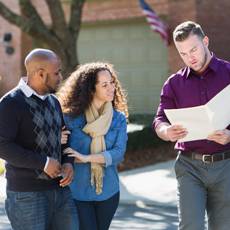 2. Not doing a thorough home inspection
2. Not doing a thorough home inspection
Buying a foreclosed home that you have not thoroughly inspected is a big no-no and can have serious repercussions, especially in your finances. Of course, bidders usually don’t allow buyers to even take a peek beyond the front door because all they care about is getting rid of the property at a price that is in their favor. But even if it is understood that you have to take it as it is, it doesn’t mean you have to just hand over the payment without knowing what goes inside the walls of that house.
This is where professional home inspectors will come handy such as those coming from the American Society of Home Inspectors (ASHI). They can provide excellent information about the foreclosed property you want to buy and will have your best interests at heart. Never ever agree to use a home inspector recommended by the seller. This way, you will have a realistic view of the good, bad and worst side of the house.
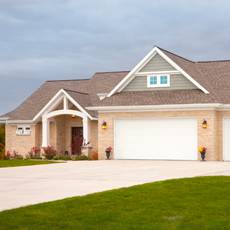 3. Spending more than you have actually planned
3. Spending more than you have actually planned
Set a firm maximum price that is within your budget and is nearest to the actual value of the foreclosed property. Then allot not less than 10 percent of its price tag for potential repairs and replacements. Put together, if it is more than 25 percent of your net home pay, be prepared to walk away. Purchasing more than what you can realistically afford will cost you your peace of mind and sanity, to say the least.
4. Dismissing the legal implications
It is essential to consult with a legal advisor before you buy a foreclosed home to help you determine if there are debts or taxes secured by the property. If this is the case, ask yourself if you’re willing to take this additional responsibility aside from the actual payment you will make for the property.
 5. Not targeting a specific foreclosed home
5. Not targeting a specific foreclosed home
A myriad of foreclosed properties are in the market which can make you feel overwhelmed and confused as to which you would want to purchase. Before even looking at the listings, make sure you already know what type of house you like and all the specific requirements you have set. Tell this to your agent so he/she can guide you properly to the right foreclosed home.
6. Setting your eyes fixed on the property
Don’t fall in love too soon. Emotions are fleeting but financial decisions gone awry can last a lifetime. Don’t think that the property only needs a small amount of repair when in reality it is beyond what you can afford.
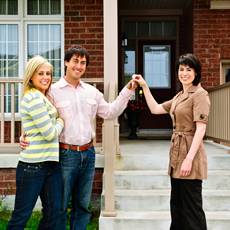 7. Thinking only short term
7. Thinking only short term
You have to take into consideration how a particular foreclosed home you want to buy will fare in the market in the coming years. If it is deemed to decline further in value, do not cash in quick on flipping the property because you might not be able to actually make it happen. Not being prepared for the long haul may cost you your initial down payment and put you in financial ruin. If you do not have the appropriate resources and patience to turn it in a long-term investment, it is not worth your time and money.
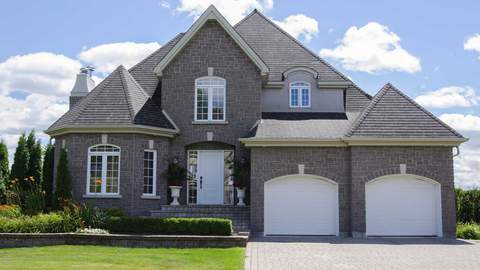
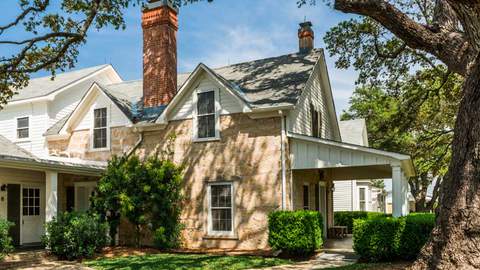
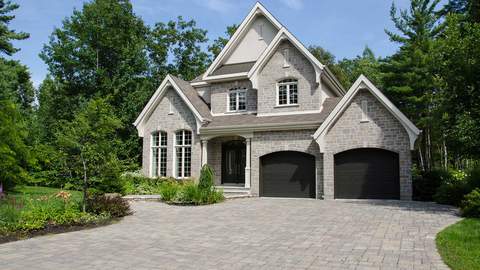
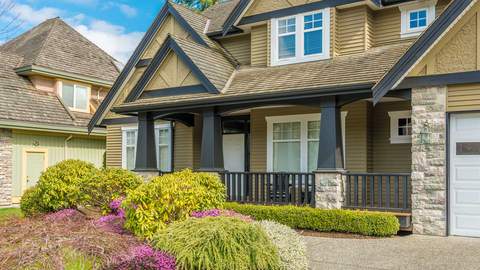

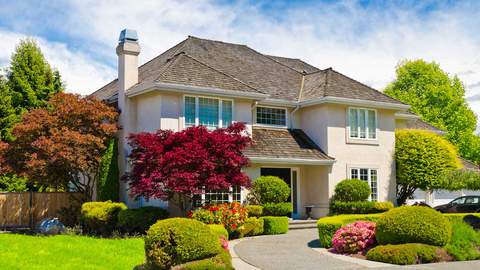
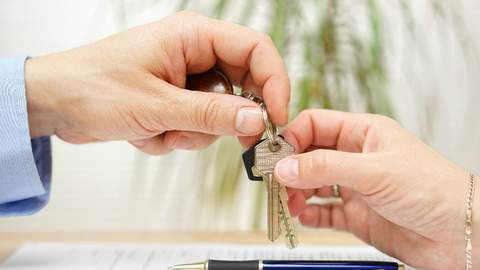
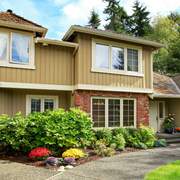



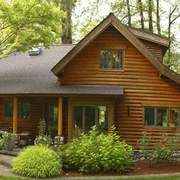
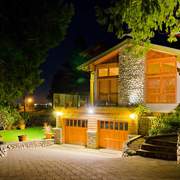
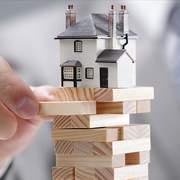


Write a Comment